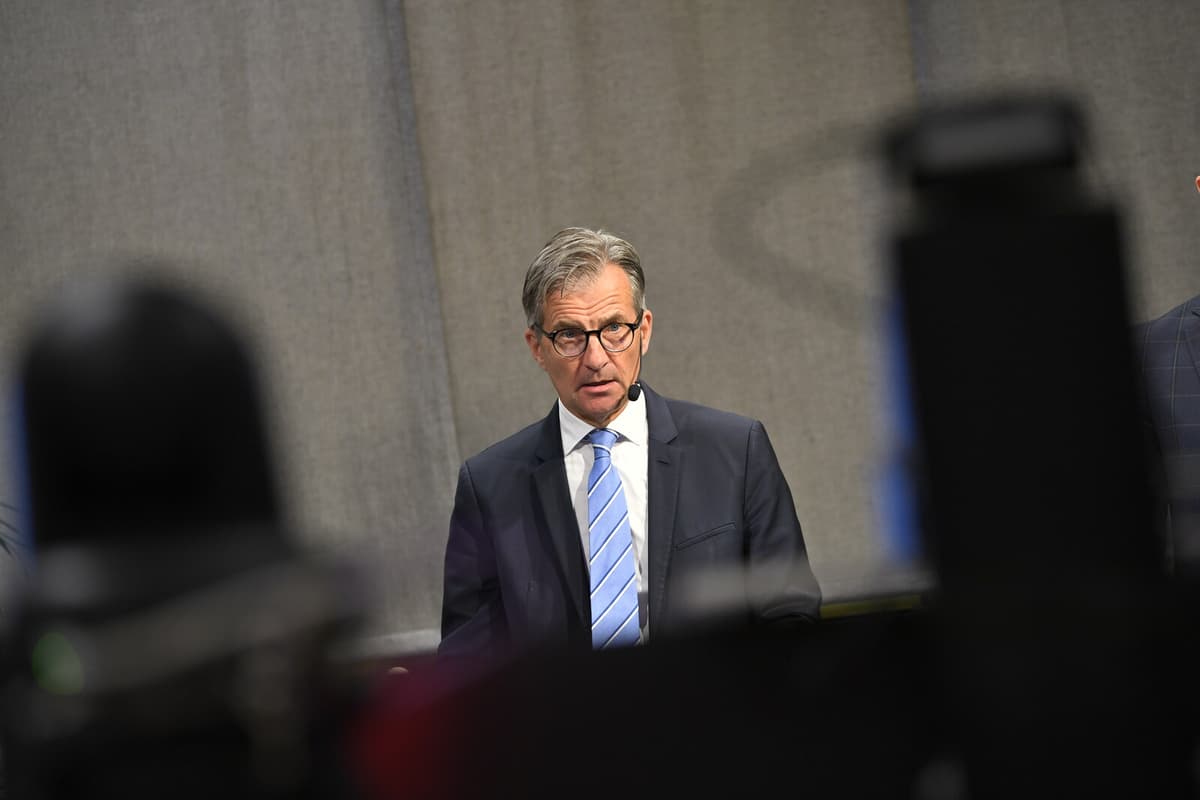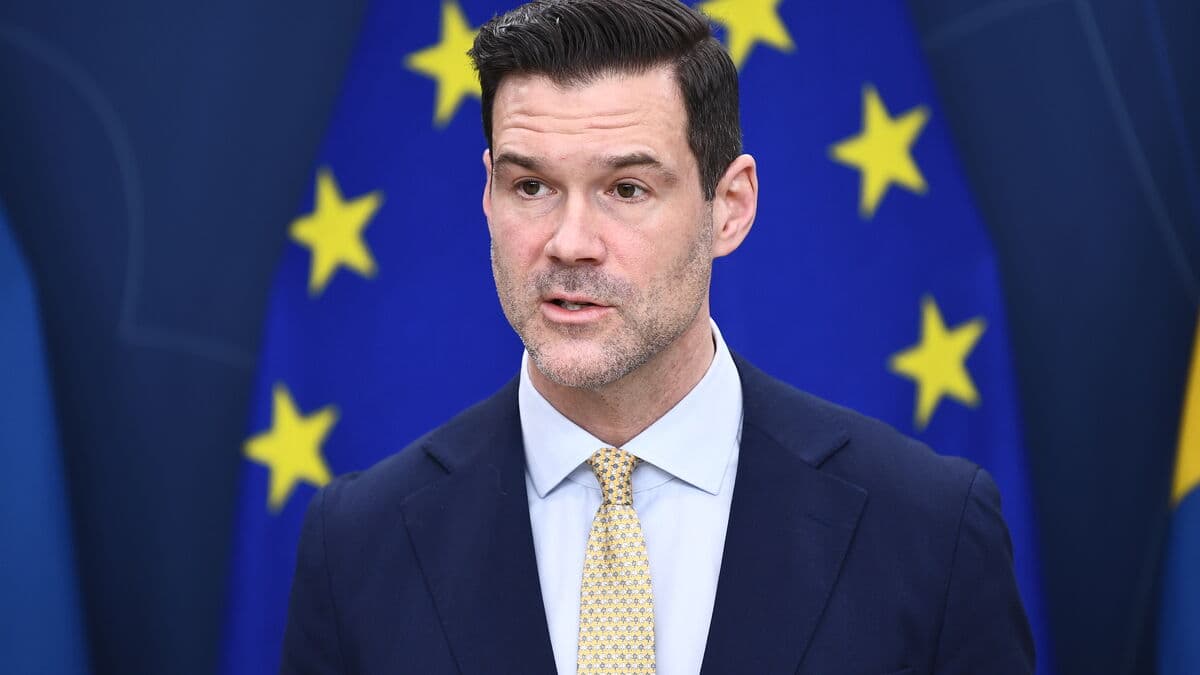The recovery in the Swedish economy has been slow, which has given the Swedish Central Banken good arguments for continuing to lower the interest rate, says Jens Magnusson.
One should not believe that an interest rate cut decides how much at all. The important thing is that we have since the top last year halved the key interest rate from 4 to now 2.00 percent, he says.
After the Swedish Central Banken's message, SEB changed its forecast to believe in another interest rate cut this year, likely in September, from having been more restrictive in its previous forecast.
Households lack confidence in the future
Torbjörn Hållö, chief economist at LO, agrees that the decision and the Swedish Central Banken's reasoning were expected. The interest rate cut can be a step on the way to strengthening households' confidence in the future.
What has been striking during the year is that households have not started consuming. Despite the fact that real wages have increased, inflation has come down and also the interest rate. It's because households have lacked confidence in the future, says Torbjörn Hållö, chief economist at LO.
Far from zero interest rate
On Tuesday, the government presented new measures to lower the thresholds into the housing market. From and including April, they plan to lower the mortgage cap and abolish the extra amortization requirement.
Is there a risk that the interest rate cut in combination with these measures will cause housing prices to skyrocket?
I do not quite see the risk for that. We are still far from the zero interest rate that applied before. The variable mortgage rates will still be higher than they were before the inflation crisis.
Jens Magnusson is on the same line.
We still have the ordinary amortization requirement and a loan cap. Prices can be pushed up a bit by more people being able to borrow more. The question marks I see are how the housing market will react in the short term and possibly become cautious until the new rules come into force, he says.






